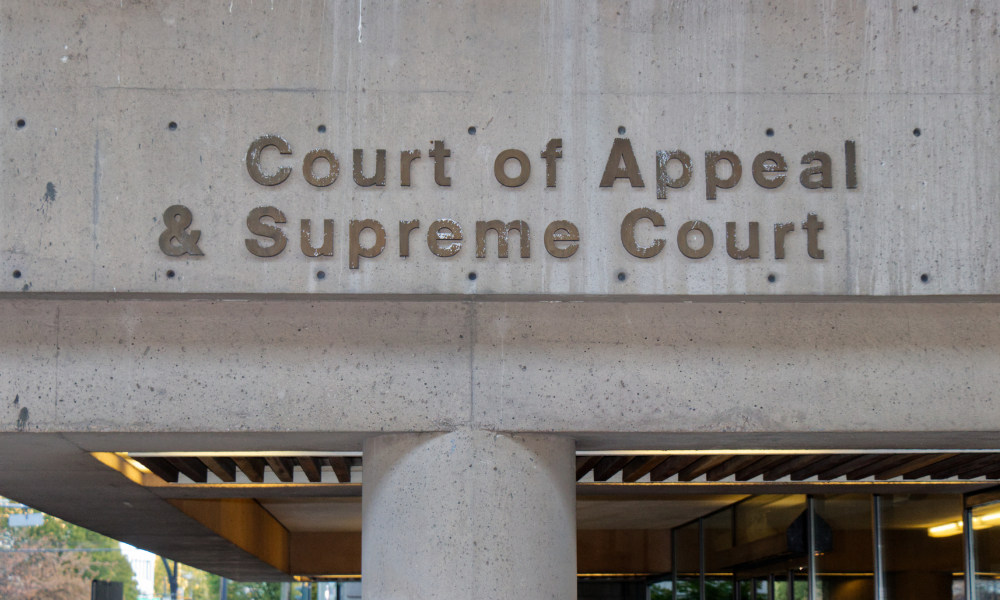Supreme Court clarifies limits of debt forgiveness in fraud cases

A British Columbia Supreme Court judge ruled on Thursday that a $6.8 million financial sanction imposed on a fraudster will not be erased upon his discharge from bankruptcy. The decision marks a significant application of a 2024 Supreme Court of Canada ruling regarding the enforceability of financial penalties for misconduct.
The British Columbia Securities Commission (BCSC) had sought to ensure the sanction against Thomas Arthur Williams remained enforceable, even if his other debts were cleared through bankruptcy. The BCSC initially ordered Williams to pay the disgorgement—a sum representing funds obtained through wrongdoing—in 2016.
The judge granted the BCSC’s request, citing the Supreme Court of Canada’s precedent, which stipulated that disgorgement orders for misconduct involving “false pretences or fraudulent misrepresentation” should survive bankruptcy. “There is a direct link between the disgorgement order debt and [Williams’s] deceitful misconduct,” the court stated.
Williams, a former registered mutual fund representative, was found by a BCSC panel in 2016 to be the architect of a Ponzi scheme. The scheme defrauded 123 investors of approximately $11.7 million between February 2007 and April 2010. He was found to have committed fraud and violated securities laws concerning prospectus and registration requirements.
Williams applied for bankruptcy in 2021 and has not paid any portion of the $6.8 million disgorgement order. He opposed the BCSC’s application but, according to the court, “was unable to provide a reason for why the declaration should not be granted when given an opportunity to do so during the course of the hearing.” Any funds collected from disgorgement orders are typically returned to the victims.
This B.C. Supreme Court ruling is the first to employ the Supreme Court of Canada’s legal test for determining whether a financial sanction can withstand bankruptcy discharge. Notably, the 2024 Supreme Court of Canada ruling also clarified that administrative penalties, distinct from disgorgement and aimed at deterring misconduct, are not enforceable after bankruptcy discharge. This distinction prompted the BCSC to engage with federal officials to advocate for including securities regulators’ financial sanctions in the Bankruptcy and Insolvency Act’s list of debts that survive bankruptcy.
In addition to the $6.8 million disgorgement, Williams also faces a $15 million administrative penalty, which he has also not paid. His 2023 application for bankruptcy discharge was indefinitely adjourned, with both the BCSC and the court-appointed trustee opposing it.



